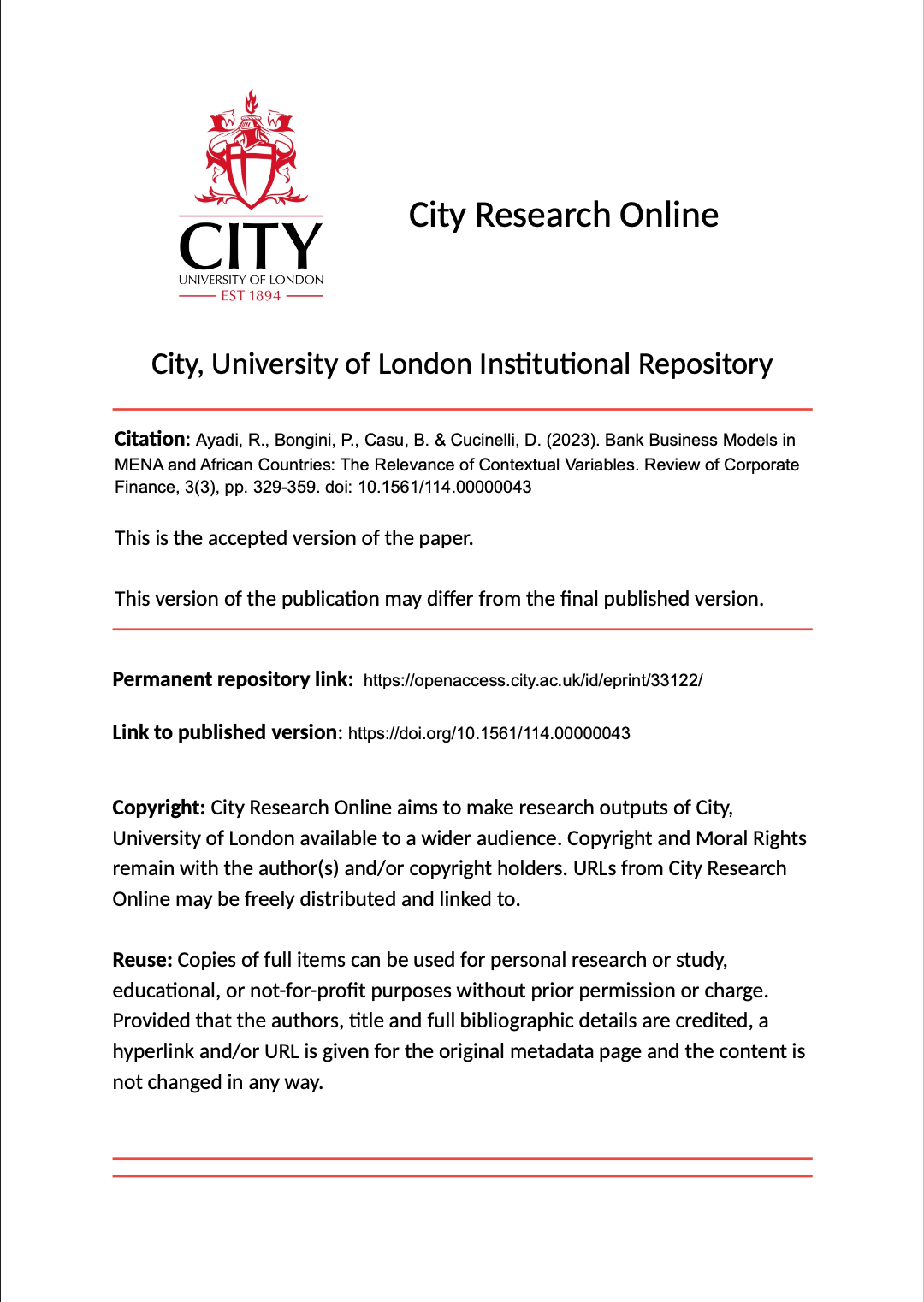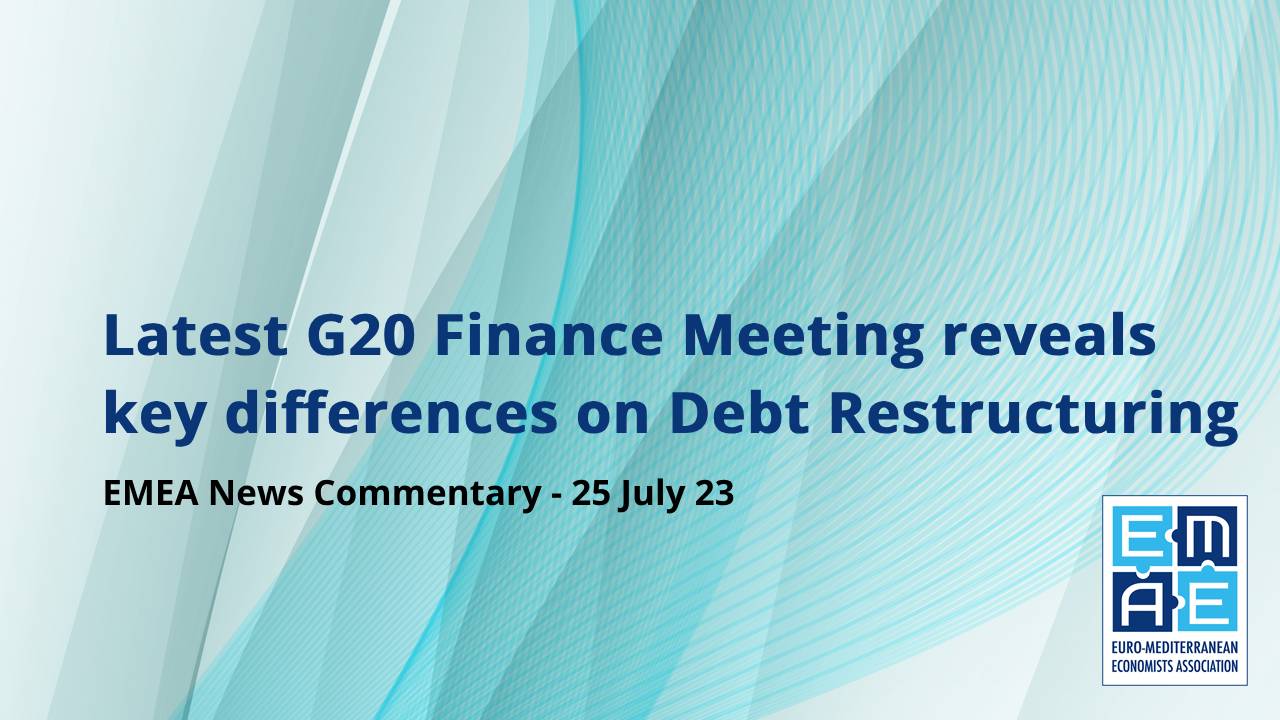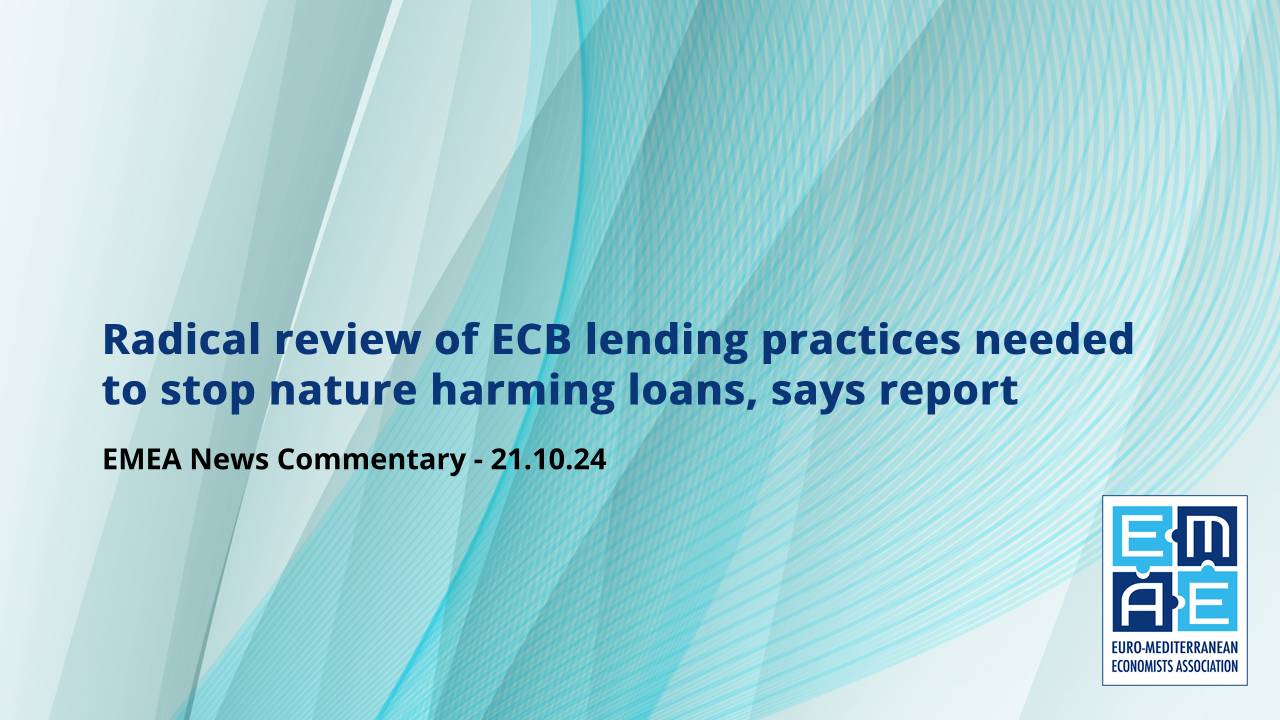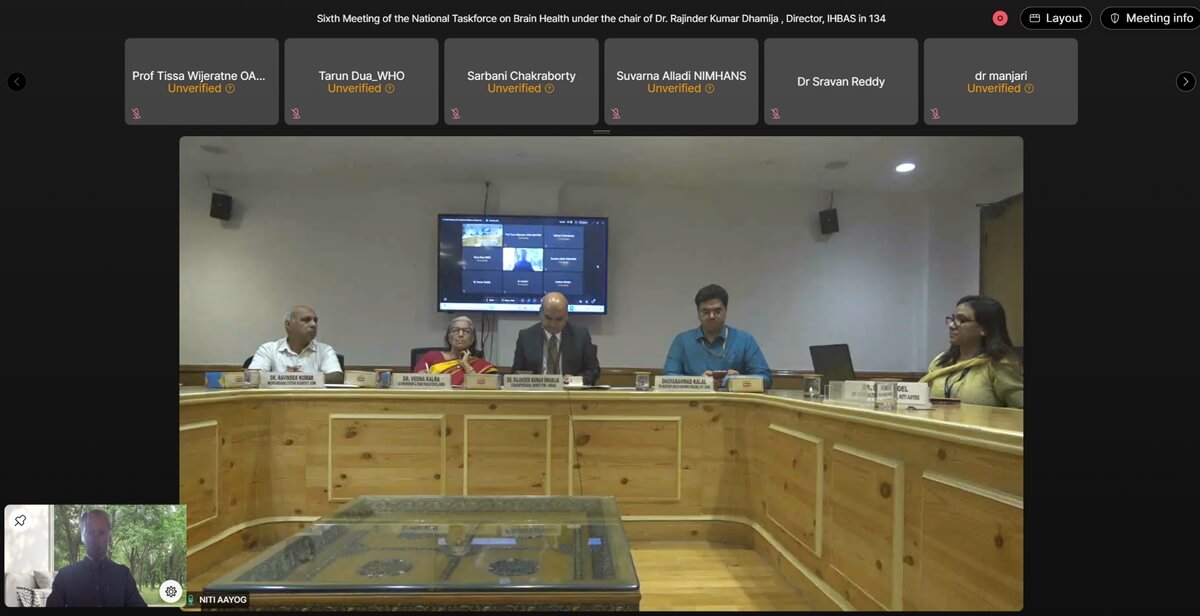Disappointing news on debt restructuring has emerged from the latest Indian hosted G20 meeting of Finance Ministers, held in Gandhinagar, Gujarat.
According to Reuters, attendees failed to make any meaningful progress on key issues such as debt restructuring for vulnerable countries, global minimum taxation and reforms on multilateral development banks.
This third meeting of G20 Ministers, which was intended to lead smoothly into September’s G20 leaders’ summit, was also hampered by poor attendance caused by a raft of domestic issues affecting member states.
The meeting was jointly chaired by the Honourable Minister of Finance and Corporate Affairs, Ms.Nirmala Sitharaman and the Governor of The Reserve Bank of India, Mr.Shaktikanta Das.
In all, only 13 Ministers attended, with the United States sending the largest delegation. Britain and Germany were among the absentees.
The much heralded $6.3 billion debt restructuring programme for Zambia, announced at the recent Paris Climate Finance Summit, was dismissed as a potential template for other poorer nations – on the grounds that many G20 member countries have economic challenges of their own to contend with.
The ministerial absences “may have crimped the bloc’s decision-making ability in this meet and slowed progress on building consensus on any issue,” said one official who was present.
“Officials making representation are often stating that they have to go back and consult their ministers before finalising their stand,” said another spokesman.
Under the Indian Presidency, discussions included:
- The theme of “One Earth, One Family, One Future”, with delegates pledging to prioritise the well-being of the people and the planet, reaffirming their commitment to enhancing international economic cooperation, strengthening global development for all and steering the global economy towards strong, sustainable, balanced and inclusive growth (SSBIG).
- The global economic outlook and risks, including macroeconomic implications of food and energy in security, as well as climate change, plus endorsement of the ‘G20 Report on Macroeconomic Risks Stemming from Climate Change and Transition Pathways’.
- Recognition of the urgent need to strengthen and evolve the Multilateral Development Banks’ (MDBs) ecosystem.
- Endorsement of a ‘Roadmap for Implementation of Recommendations of the G20 Independent Review of MDBs’ Capital Adequacy Frameworks (CAF).
- The need to address debt vulnerabilities in low and middle-income countries in an effective, comprehensive and systematic manner.
- Acknowledgement of the transformative role of Digital Public Infrastructure (DPI) in rapidly advancing financial inclusion and productivity gains, plus prioritising future talks on ‘Financing the Cities of Tomorrow’.
- Urgent consideration for the macro-financial implications of crypto assets, along with financial stability issues and focus on bringing the specific concerns of the Global South onto the crypto assets’ agenda.
- On climate finance, members welcomed the recommendations on mechanisms to support timely and adequate mobilisation of resources for climate finance, prepared by the Sustainable Finance Working Group.
- Agreement on progressing global efforts in pandemic prevention, preparedness and response through enhanced collaboration between Finance and Health Ministries.
- On tax, members welcomed the significant progress made on the two-pillar international tax package, welcoming a plan for additional support and technical assistance for developing countries.
Third meeting of FMCBG under the Indian G20 Presidency
Debt restructuring talks at G20 meet hurt by differences, low attendance | Reuters





